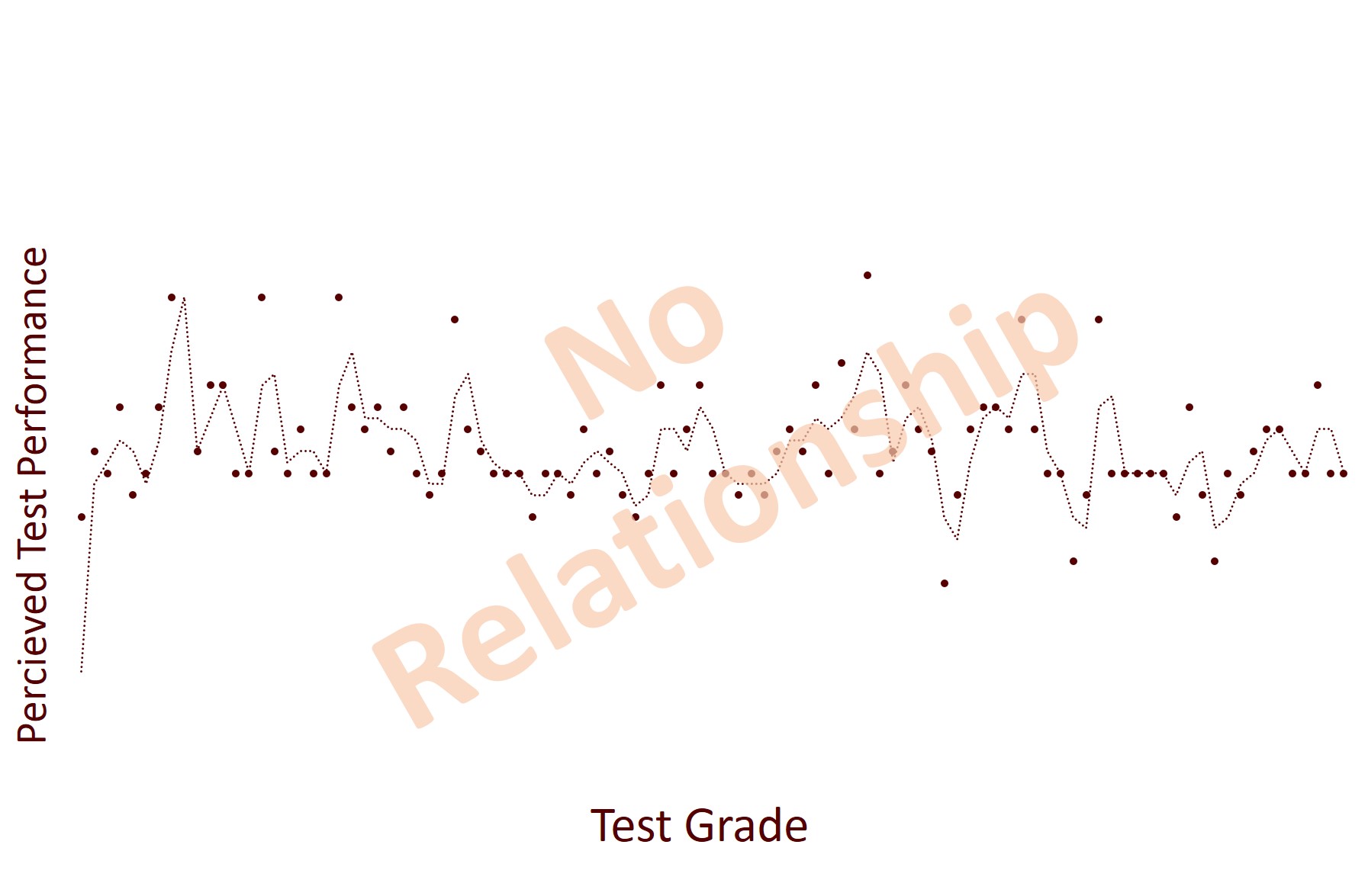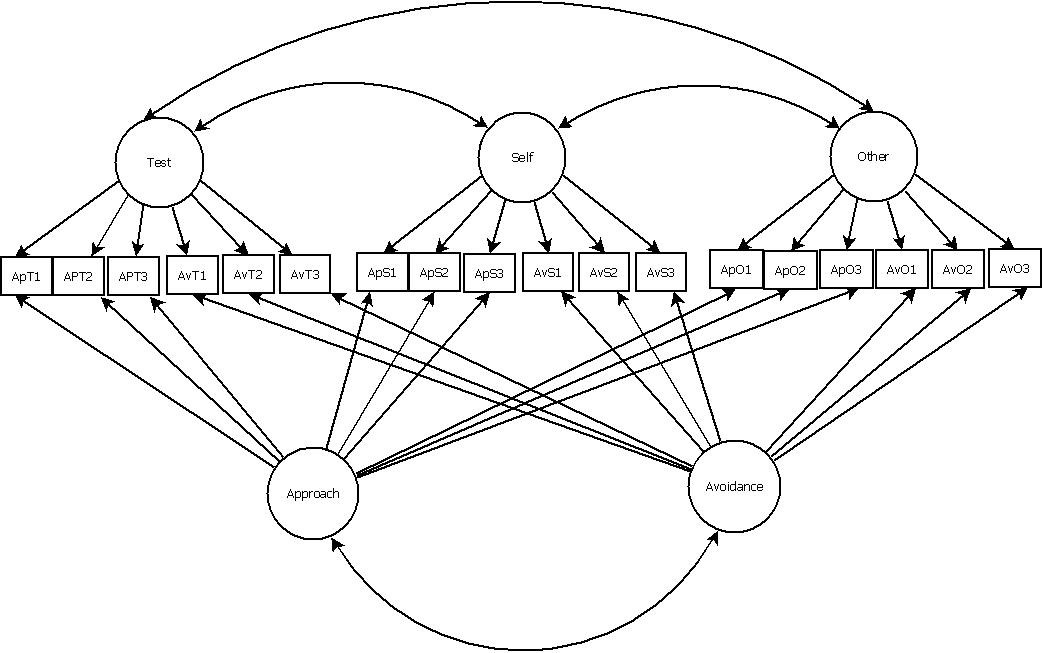Project Overview
This two part study involved 113 British secondary school students,
and investigated their reactions to a shaming experience.
Participants were sampled from the year 7 (11-12) and the year 9 (13-14) classes.
For the first part, all of the participants were given a series of vignettes in which they were asked to imagine a failure.
Their responses to these vignettes were then surveyed. The participants were asked to rank the likelihood of emotion reactions,
as well as what their future actions would be towards a task similar to the imagined failed task.
In the second study, issues with high intercorrelations between performance-approach and performance-avoidance were noted. In response,
a new 3x2 goal orientation framework has been posited. This study examines this new framework using
a multi-trait, multi-method (MTMM) confirmatory factor analysis (N = 201) as a way to examine the differential effects of the two orthogonal scales.



